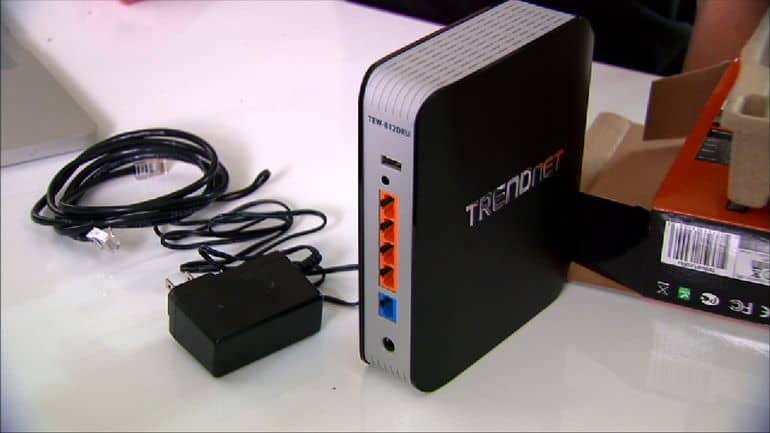The attack that made many popular websites unavailable to users Friday was released from seemingly innocuous network connected devices like routers, DVRs and closed-circuit TV cameras from around the world.

Safeguarding a home network shouldn’t be hard
USA TODAY offers tips on how you can protect your home network.
Start with the router: Most folks never get around to passwords protecting their home router, that is utilized to split the Internet signal to various parts of the home and sometimes to Wifi. The first type of defense would be to change the default password the router came with. Search for instructions in its information booklet or by searching online by the manufacturer’s name as well as the router model number.
Other home devices: When possible, password protect every device in your house that’s linked to the Internet, each having its own unique password. Password managers such as Dashlane and Last Pass will assist you to keep track of the different passwords. You can also write them down, which, while not ideal, is better than having no password protection at all.
Devices that will not take a password: Unfortunately, a significant number of Internet-connected devices you could have in your home aren’t set up for passwords in any way. Computer security experts say this will only begin to change when consumers don’t purchase poorly-protected devices or devices that can’t easily be updated.
Hacking into private data stored on a private appliance: It’s certainly possible for a single hacker to discover their way into a home network if the devices connected to the Internet aren’t password protected, but that’s much less common.
Protect yourself: Botnets and virtually all network-based attacks begin with a basic phishing email, where the user is sent an email containing links or attachments that open and download malicious software or malware onto their computer. That malware goes on to infect their system or network, opening a backdoor where hackers can come and go any time they want. Therefore the best protection is to be wary of emails, especially those containing attachments or links, from unknown sources or even people you know whose accounts could have been hacked.
And remember: Legitimate businesses never ask users to update or verify their personal information via links.
Hopefully you find this informative, if you need any assistance, let us know. One of our long time clients owns a local business, who can assist with setting up your home WIFI, security as well as Smart Home Technology. Feel free to contact by simply clicking here if you need any assistance or have any suggestions we have left out.